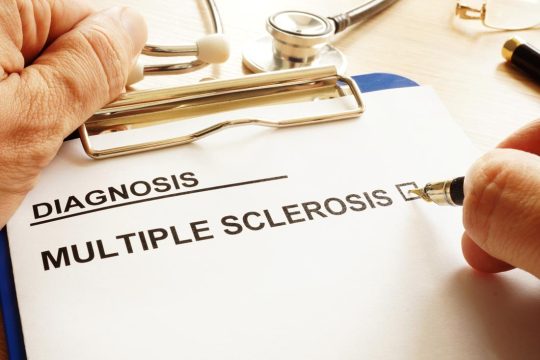Advertisment
ASCO 2013 Report – Drugs combo therapy leads to dramatic tumor shrinkage in advanced melanoma patients

by Bruce Sylvester – More than half of patients with metastatic melanoma treated with the immunotherapy drug ipilimumab and the investigational antibody drug nivolumab have achieved durable tumor shrinkage, according to results from a Phase I trial, presented at ASCO on June 2, 2013. It was also published online on the same day by The New England Journal of Medicine.
“We are very excited about the response rates these patients have experienced. This kind of deep and rapid tumor regression has never been seen in melanoma using immunotherapy, and suggests that these two drugs could be better used in combination than alone,” said Jedd D. Wolchok, MD, PhD. Dr. Wolchok, a medical oncologist at the Ludwig Center for Cancer Immunotherapy at Memorial Sloan-Kettering in New York, is lead author on The New England Journal of Medicine paper and also presented the findings at ASCO.
The authors reported that several patients had tumor shrinkage exceeding 80 percent within 12 weeks of initiating dual drug therapy, and the shrinkage was durable.
Also, 40 percent of patients who received various dosages had at least a 50 percent reduction in tumor size.
Side effects from the dual therapy were manageable and often reversible.
Dr. Wolchok and his team combined ipilimumab and nivolumab after preclinical testing suggested that drugs might impact the immune system synergistically. Blocking the inhibitory marker CTLA-4, ipilimumab (FDA approved for advanced melanoma in 2011), activates the immune system and prompts T cells to attack the tumor. Blocking PD-1 with nivolumab activates T cells differently, enabling them to continue the attack.
“Previous studies had shown that ipilimumab alone could prolong overall survival in advanced melanoma patients, and nivolumab alone could produce durable tumor responses in melanoma and other cancers, so the combination of the two drugs was quite logical and well supported by preclinical and clinical trial data,” Dr. Wolchok said. But he emphasized that not every patient responds to immunotherapy.
In June of 2013, researchers will begin testing the drug combination as a therapy for patients with newly diagnosed advanced melanoma, in a randomized Phase III trial involving more than 150 institutions internationally.
The study was supported by Bristol-Myers Squibb Inc. and Ono Pharmaceutical Company Ltd.





